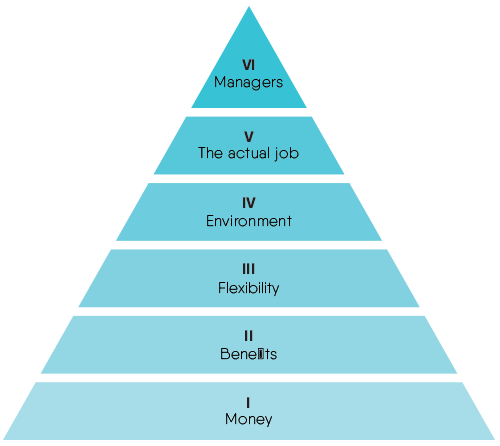Do you know what’s wrong with companies and organizations?
I know the answer because I go to a lot of conferences and listen to a lot of speakers. All of them will tell you exactly what’s wrong with your organization and every other organization. Turns out we all have the exact same thing wrong! Which is comforting in a way.
Our Managers Suck!!!
Yay!! We figured it out!! We all agree!! Good for us!!
Can I tell you something? I hate Manager Shaming!! HATE IT!
Almost every speaker, at every conference, who speaks about the employee experience or employee engagement, or just about anything to deal with people blame managers. It’s lazy analysis for the most part. Let’s find someone or something everyone loves to hate and then we’ll blame them for everything, and then I’ll give them some great plan that you can’t possibly pull off, filled with funny little stories about my kids.
Look, I get that we have managers that are struggling, but the reality is we put them in a position to fail and now we just want to shame them and blame them for every single ill we have in an organization.
We have to be better than this. We were the idiots who put these folks in charge, didn’t teach them to properly lead people, or hold them accountable to properly lead people, or actually select them based on who had the right DNA to lead people, and not who is the best individual contributor but truly has no ability to lead people. It’s so stupid.
I want us all to start calling out Manager Shaming at conferences.
Cool tell me all my problems are my terrible managers, but you better be super quick to help figure out how to solve this or we get to throat punch you right on stage! If I hear about one more ‘study’ on how they found out managers suck and this is the ‘real’ problem with helping our organizations be successful I’m going to vomit.
So, how do we stop “Manager Shaming”:
1. Understand we are all part of this problem. It’s not ‘managers’, it’s all of us. We all suck because we all allowed this to happen. Also, most of us are managers.
2. Stop picking people to be managers based on they were the best at something, that has nothing to do with actually managing or leading people!
3. Build a leadership program that not only teaches and mentors employees on how to be effective leaders, but then hold them accountable to be that person.
4. Stop blaming and start fixing. It’s not a ‘manager’ issue. If it’s broke. If you are not successful. That’s an organizational issue. We all own that.
5. Move people out of management roles who are unable to lead people. You know who they are, just make the move.
6. Celebrate, publicly your great managers, and be very specific about the behaviors you are celebrating.
Select, educate, measure, reward, repeat. We aren’t trying to launch the space shuttle. We are trying to do something way, way harder. We are trying to lead people!
Stop Manager Shaming!

 Level I – Money – cash!
Level I – Money – cash!
